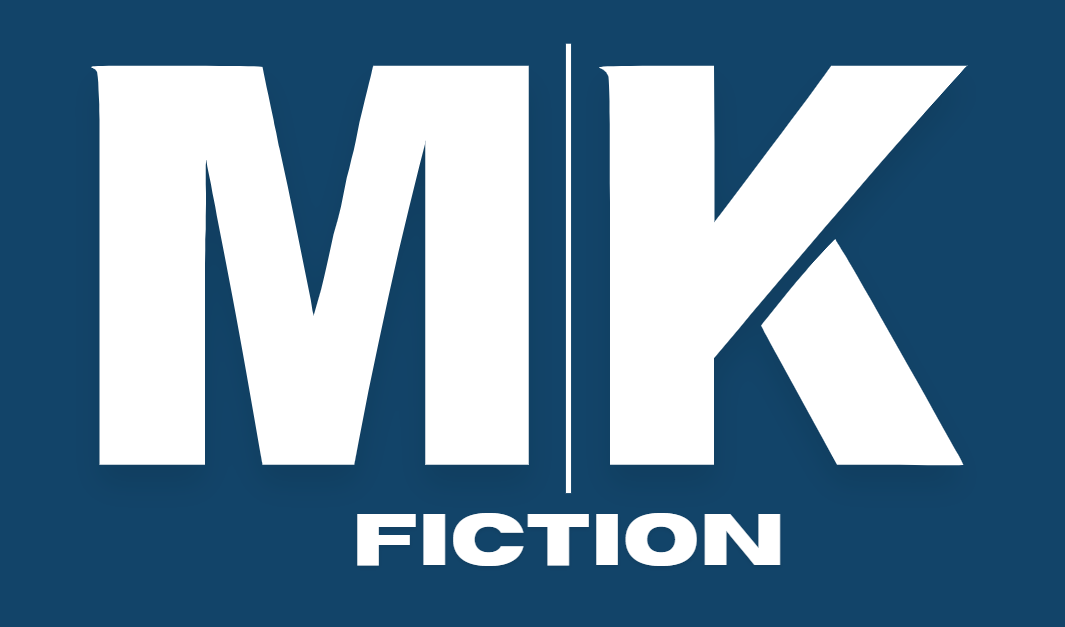
Feels like a long time, doesn’t it?
One of the interesting things about being a writer is determining the genre that your book falls into. For instance, if it’s erotica with vampires, it pretty obviously goes into the vampire erotica category. Sometimes it’s very easy.
Other times, it’s more difficult. Maybe it’s a drama, and yes, here and there a vampire might pop up, and perhaps if the mood is right and the lights are low and there’s music playing, some erotica just happens to peek its head out. But the drama is the main part, not the erotica and certainly not the vampires. What’s the pile for that book?
So my book is technically historical fiction, meaning that it is fiction that takes place in history. But, of course, history is ongoing. It doesn’t stop, it just keeps riding the wave of time until time itself stops and then history gets to take a break.
I guess we consider it historical if it doesn’t take place right now, but that also has its own pitfalls. Right now isn’t right now. In fact, by the time I write this sentence, it’s in the past. And now you’ve read it and it’s even further in the past. You see the problem. There really isn’t any clear definition of what is historical other than a subjective feeling that someone has. For me, the 1960s are historical, but for my dad they probably feel about as current as the 1990s are for me (he would also tell you that things were better in the 60s, but I digress). So where’s the cutoff?
Then you put yourself into the feet of authors who wrote in different periods. Mark Twain was writing contemporary fiction, but history and time have trod upon that and now it’s historical. Sorry, Mark.
And yes, I get it: it’s a story where the author isn’t writing about their own time. That’s simple, and it makes sense. But the most important thing about it is that it isn’t fun to be quasi-outraged about, and that’s the real point I’m making.
